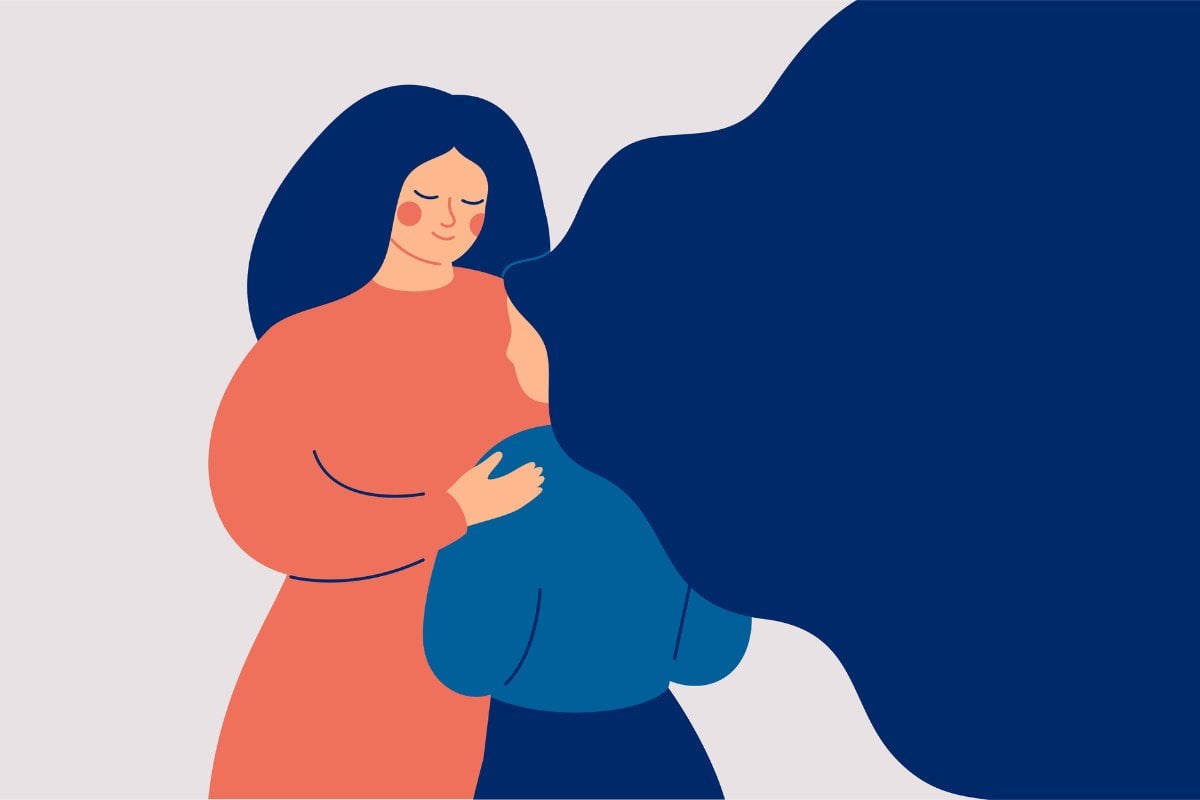
As a millennial, like many of my friends, I grew up in a household where my parents had pretty firm boundaries around our relationship. They weren’t my friends, they were my guardians, and that was made clear from the jump.
This is not to say that I didn’t grow up in a loving and nurturing home, but our relationship was defined by child and carer boundaries and there was no blurring of that line.
While I will never begrudge my parents for setting those boundaries for themselves, I often think about how our relationship would have been different if we were ‘friends’, so to speak.
Watch: Things Parents of Teens Just Get. Story continues after video.
When I was growing up, I remember longingly observing one of my school friends and her mother who had an incredibly close bond. They were, by all accounts, best friends – they went shopping every weekend, told each other all of their secrets and, as my friend became an adult, their bond strengthened where they would talk on the phone for hours each day.
There are two ends of the spectrum here: those parents who don’t think it’s appropriate to be friends with your kids and parents who think it’s totally okay to form a friendship.


Top Comments